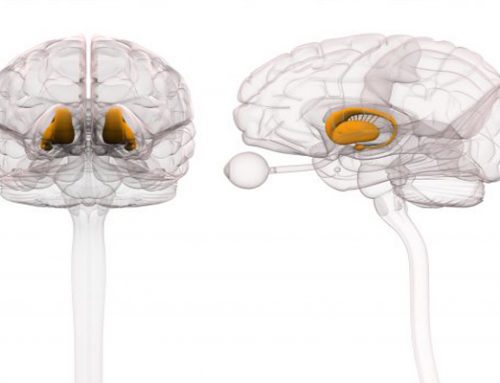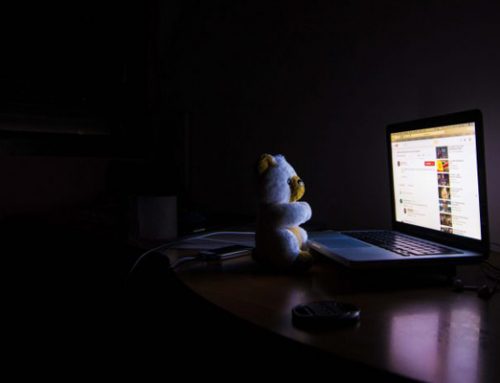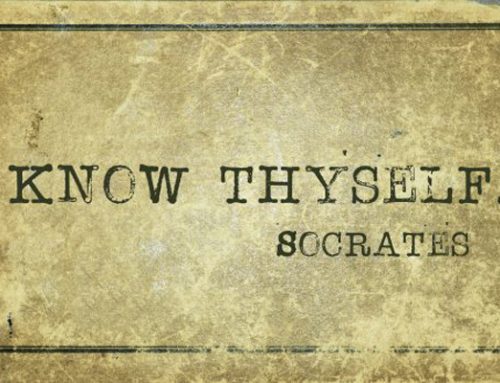Finding it hard to stick to a healthy eating plan? How’s that workout programme going for you? Managing to do it perfectly? Because, if you can’t do it perfectly then you mustn’t be perfect. And if you’re not perfect then you must be shit. And if you’re shit, well, then what’s the point in even trying? Right?
Sound familiar? If so, then you might want to check in with your mental skills. That is, how you manage your emotions in response to things that happen in your life, particularly setbacks. For example, if you intend to eat healthily for the following week but fall off the wagon midway through, how do you respond? What if you were planning on exercising intensely 5 days a week for the next 8 weeks but, for some reason, you find your attendance slipping after week 2. How do you interpret that information? Because, it really is just information, right? What meaning does it truly have other than the meaning and significance you attach to it? So, do you see that setback as confirmation of you having lousy will power, having ‘failed again’ or just being destined to be overweight and out of shape?
Or, do you see that setback as an opportunity to take a closer look at your behaviour, your patterns, your thoughts, feelings and your environment? To see whether an element of one or all of those things is contributing to the resistance you experience when you try to change? Do you see it as an opportunity to learn about yourself and do better next time?
You see, your success depends on how you interpret and respond to situations in your life. And how you currently do this has been learned through your interpretation of past experiences. The good news is, though, that these responses aren’t permanent. You can change them. By becoming mindful of them and identifying them as thoughts distinct from yourself you can begin to learn different responses. Ones that will foster the emotional strength and resilience you need to keep trying until you get it right.
The important take home message is a caution as to how you think. How you think is your reality. Your mind and body respond to imagined scenarios as though they are actually happening. There is only a small portion of your brain that is capable of distinguishing between thoughts and reality. As far as the rest of your brain is concerned, what you think might as well be happening. Given that, I would recommend you begin to think about yourself a little bit differently, to visualise success and to interpret ‘setbacks’ as opportunities to learn rather than confirmation of your own lack of ability and worth.





Leave A Comment